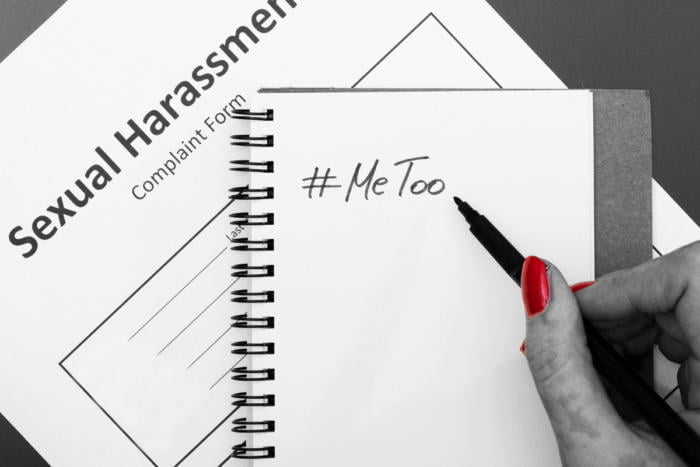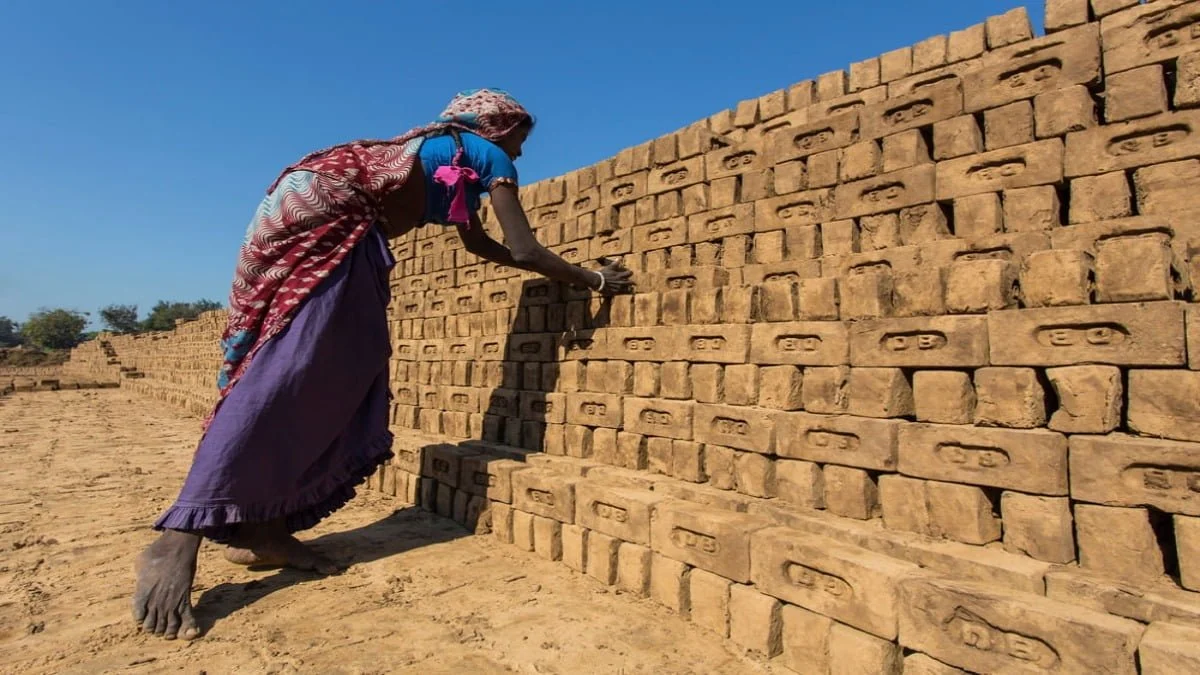Posted by Prajakta Kuwalekar
In 2017, when the amendment to the Maternity Benefits Act 1961 extended the maternity leave, we thought we were a step closer to inclusive workspaces. But in reality, the outcome turned out to be very different. Paternity leave wasn’t introduced and hence the onus of childcare was fixated on women. It led to discrimination against pregnant and married women during hiring and appraisal. According to a survey by TeamLease, 11 to 18 lakh women are finding it difficult to enter workforce as a consequence.
Similar questions are now being raised within the HR community about the ‘fallout’ of #MeToo. They say that as a consequence, employers might think twice before hiring a ‘firebrand’ female candidate likely to drag their names into the public, should she be wronged. The assumption that all harassers are men by itself is problematic. Campaign Asia’s survey of the advertising sector pegs sexual harassment faced by women at 44% and for men at 14%. It’s this assumption that might come in the way of hiring women and not the public disclosures of assault. What we need are safe spaces for all genders, not just the segregated ones.
HR professionals are asking how should one deal with complaints by employees on social media if an official report has not been filed. #MeToo is a reaction to the dire conditions of our times, but this cannot be the new norm. When internal processes are robust and victims feel confident that justice will be served without personal persecution, then they will feel no need to turn to social media.
Post #MEtoo, employers might think twice before hiring a ‘firebrand’ female candidate likely to drag their names into the public, should she be wronged.
How many employees know about their rights when it comes to workplace harassment? How many HR teams really function beyond the shadows of the company promoters and owners? The real shift needs to happen there. HR community needs to be empowered as well as sensitised to create systems that work irrespective of designation of the accused.
The gossip heard by the water cooler about the creepy Vice President in the office can’t go unnoticed. Because, if this raised consciousness has taught us anything, it’s probably not just gossip and he is tormenting his survivors. It’s time to take Suo Moto action on these office whispers. Human resource departments should inspire, educate and encourage employees to take action in case they witness harassment of a third party. No harassment should be hushed neither should it be a topic for ‘snack time conversation’.
Also read: 10 Things Men Can Do To Dismantle Patriarchy In The Time Of #MeToo
Even currently, the law leaves room for the victim to either file a complaint themselves or via a proxy. Good sense should prevail and employers should be able to act as proxies when they see something amiss in the workplace. Internal Complaints Committee (ICC) can follow the same procedure after the employer has initiated a complaint. This is about making workplaces safer. Let’s not lose sight of that.
The mandatory POSH training modules have proven to be inadequate to prevent sexual harassment. It is time to indulge in real behavioural and cultural change initiatives. Addressing biases is fundamental to creating inclusive workplaces. Invite survivors who to come talk to your employees so that they build morale. Create ambassadors to fight casual sexism. Gender-based violence is often an expression of the nuanced power structures arising from patriarchy and lack of women at leadership level. Keep people with power accountable and their cabins transparent. If needed, even literally.
The government also has a role to play in this. When Corporate Social Responsibility came about, the government mandated annual report filling on the status of the funds utilised. The data is available in public domain on the Ministry of Corporate Affair’s website. Similar arrangements should be made for all companies that have to follow the Vishakha guidelines. They must not only submit reports to the ministry but also upload them on their websites for anybody to view. Company’s current as well as potential employees should have this data available to them.
It is time to indulge in real behavioural and cultural change initiatives. Addressing biases is fundamental to creating inclusive workplaces.
The buck shouldn’t stop at harassment. Problematic cultures in companies often lead to such cases of harassment. Lack of transparency, concentration of power in the hands of few, treacherous systems, and lack of diversity are all reasons for harassment. While controlling the first few might be difficult for the government, diversity disclosures can be pushed through the corridors of policy. If companies are held accountable by putting their diversity ratios in public domain, it will act as a deterrent to negatively use #MeToo for hiring decisions.
We need to look at creating safer workplaces as an ecosystem problem. Employees, HR professionals, company owners, and the Government of India will have to work hand in glove to solve this problem. Behaviour and mindset change is as necessary as compliance and reporting. Any change comes from the top and therefore the responsibility on the owners and promoters is much higher. HR professionals can become the oil for this engine and drive the change.
Also read: Sexual Harassment At The Workplace: A Story That’s As Old As The Hills
In this movement aimed at creating safe workspace devoid of biases, here is an opportunity to utilise your powerful positions in your own offices and bring real change.
Prajakta Kuwalekar is a communicator turned social impact professional. She runs Engendered, an ecosystem to economically empower women. You can follow her Twitter.
Featured Image Source: CIO
About the author(s)
Guest Writers are writers who occasionally write on FII.




